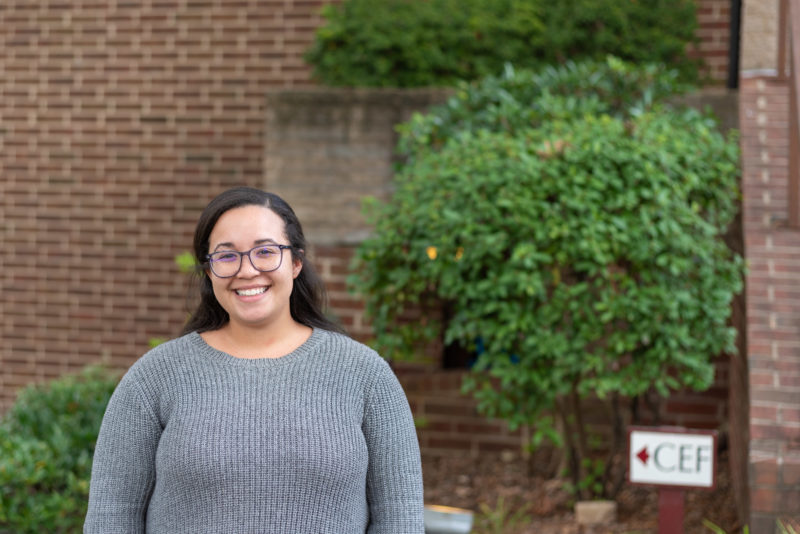
In your own words, how would you describe the work you do at CEF?
I am the Advocate Program Coordinator in Chapel Hill, so I oversee 80 to 90 active Advocates in the Chapel Hill office. I’m in charge of recruiting and selecting new Advocates, training them to make sure they understand the foundation and the values of an Advocate, and ensuring that they feel entirely prepared and supported during Member meetings. I also work on making sure that the Advocate program is evolving alongside CEF, particularly in terms of our racial justice work.
What led you to work with CEF generally, and also in this particular role?
I knew a few friends who worked and volunteered with CEF, and they spoke so highly of it. I also knew that I wanted a job that was more direct-service focused, because I had done internships in the past that felt very removed from the communities their work impacted. I really believe, first and firmly, in person-to-person connection and relationship-building, which is why I was so drawn to the role.
What experiences, strengths and skills do you bring to your work at CEF?
I hope I bring a lot of empathy to the role. I care a lot about people’s identities, where they come from, and what experiences they’ve had that shaped them as people, because I think that we are often a product of our experiences and where we come from. Long before me, there’s been discussion of the racial wealth gap and racial justice at CEF. But I believe that before you can begin those conversations, you really have to know who you are and how you show up in the world. So it’s been an exciting thing to bring some tools that I’ve used in trainings or retreats in the past to this role.
I also bring a lot of enthusiasm and joy. I hope that when things are difficult and frustrating, I’m able to bring a little bit of light and positivity to that. For Advocates who are on the front lines, who are interacting with folks who are constantly going up against really difficult barriers in the systems that they’re operating in, I think it’s really important to have someone who can remind them that there’s so much good in the work they’re doing despite a lot of the bad.
When you think about your work at CEF, where do you find energy and renewal?
For me, it comes back to the people. It has been both really exciting and also, at times, really shocking to see just how strong and resilient people are. Coming into the role, I think I possessed some naiveté about how a person can handle stress, crisis, and trauma. I thought that those experiences would consume one’s whole person, because they are so heavy. And to see that people are just so multifaceted and hold so much joy and love and show up and be present on top of everything going on in their lives is really, really energizing and motivating for me. I just continually feel compelled to be in the same space as these people.
I like working in the office. Most of the time if I’m doing work, even if it doesn’t involve anyone immediately in the office, I would rather be in the office doing it. I’ve found the ability to laugh, cry, and hug someone there. It’s a space that holds all of these really complex relationships that are built on community and family, in a way that I didn’t understand could be so comforting.
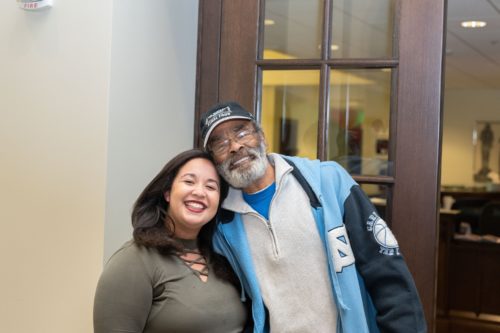
When you think about your work at CEF, where do you find challenges and how do you seek to find the best way forward?
The things that have been most difficult for me to process have been when it doesn’t feel as if there are solutions or options for folks, when you’re sitting with someone and it feels like you’ve done everything that you can. It has been a challenge for me to understand that sitting with someone and being frustrated with them or sad or just present with them, also has a lot of meaning. I’m a doer, I like to do something and complete it, so it’s been really challenging to learn that there are things that I can’t do and systems that I can’t just fix, and then figuring out how to move forward with that. I’m trying to internalize that it can mean just as much for someone to act as an emotional support, as it can to support someone in filling out a housing application. I overcome that challenge by constantly leaning on those around me. Other Staff and Members have been a really incredible source of perspective, learning, supervision, and mentorship in this challenge.
What has your work looked like for the 9 months you’ve been at CEF?
I was working with Jess McDonald, who was previously the Advocate Program Coordinator in the Durham office, to reshape and revamp the Advocate training curriculum. We were trying to make it a bit more foundational, speaking more to the core of CEF. For us, that meant ensuring that the curriculum around the racial wealth gap, trauma-informed care, and the coach approach was really robust, because we view those things as the three central pillars within the Advocate program. Jess and I really tried to ensure that Advocates know how to show up as people, to see Members as creative, resourceful, and whole human beings, and of course, be cognizant of their identities showing up into this space. The harder skills will follow, because those things come with time and we can never teach someone how to do everything in a 12-hour curriculum. But what we can allow people to do is take a moment to reflect on themselves, on who they’re going to show up as in the space, who Members are going to see them as, and try to make sure they can do that in a way that actually empowers folks.
Other than that, my work has been a lot of figuring out the needs of different Advocates, because they’re all unique people who have whole lives outside of our organization. I’ve reflected a lot about making sure that we aren’t asking too much of them, which is why in Chapel Hill, we’ve moved to having two Advocates in all Member meetings. I think this really gets back to the core of support: here are these two Advocates who don’t know everything about the systems that they’re working within, and a Member who has a great deal of lived experience. And so let’s put two Advocates in the meeting so they can be learning and listening at the same time. Having two people in a meeting doesn’t hinder the relationship that is built, and it allows for a bit more support.
In your opinion, what makes CEF’s Advocate Program special?
There are so many things that go into the magic of what CEF creates, and the Advocate program is a large part of that. I’ve met so many incredible Advocate volunteers who are so entirely dedicated to this organization. I think that it’s actually this pandemic that has fully solidified that for me: there are 40-plus people who have volunteered to make Community Care Calls to Members during this time.
When you become an Advocate, you become entirely dedicated to this community. They’re really on the front lines of ensuring that Members are seen as creative and resourceful and whole. A lot goes into ensuring that they actually do this every day, and I think that we do a really good job of making sure that they do.

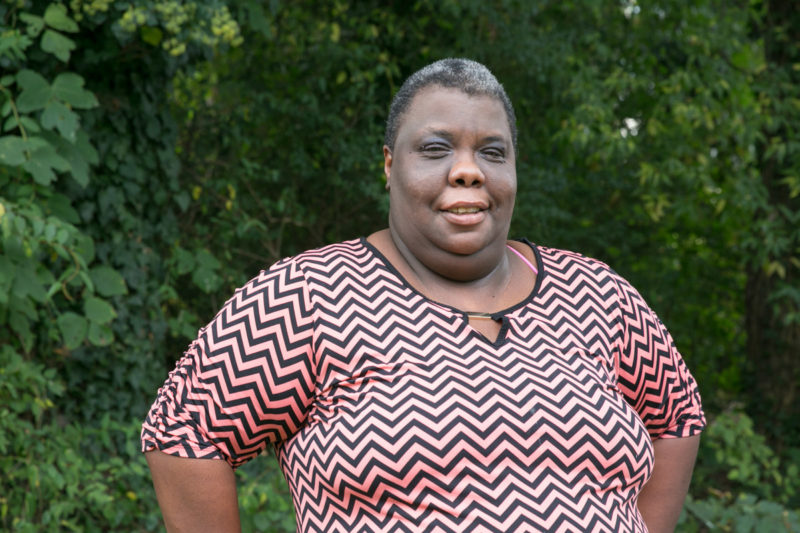
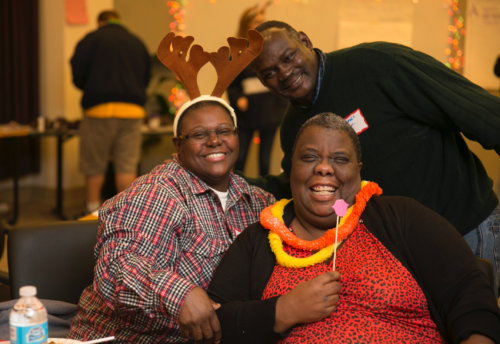
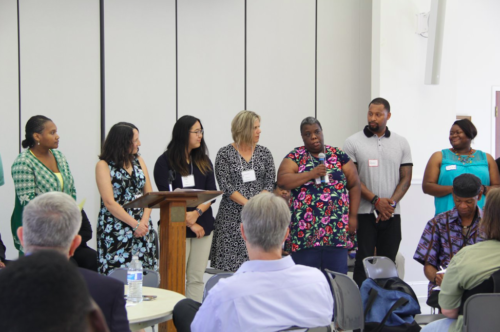
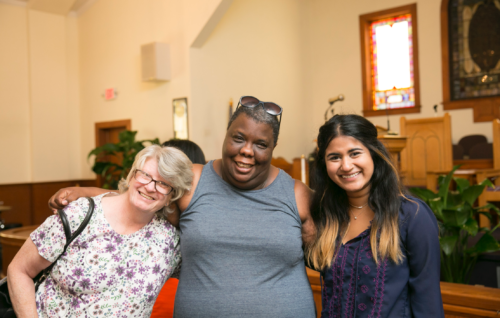
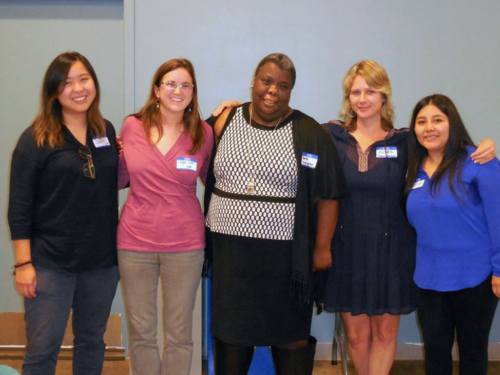
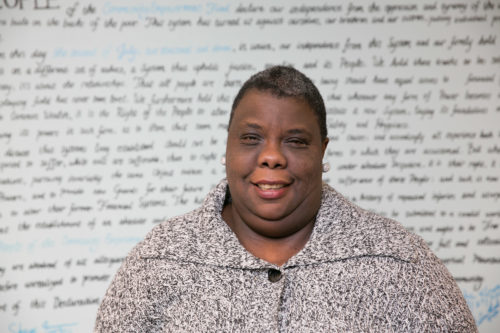
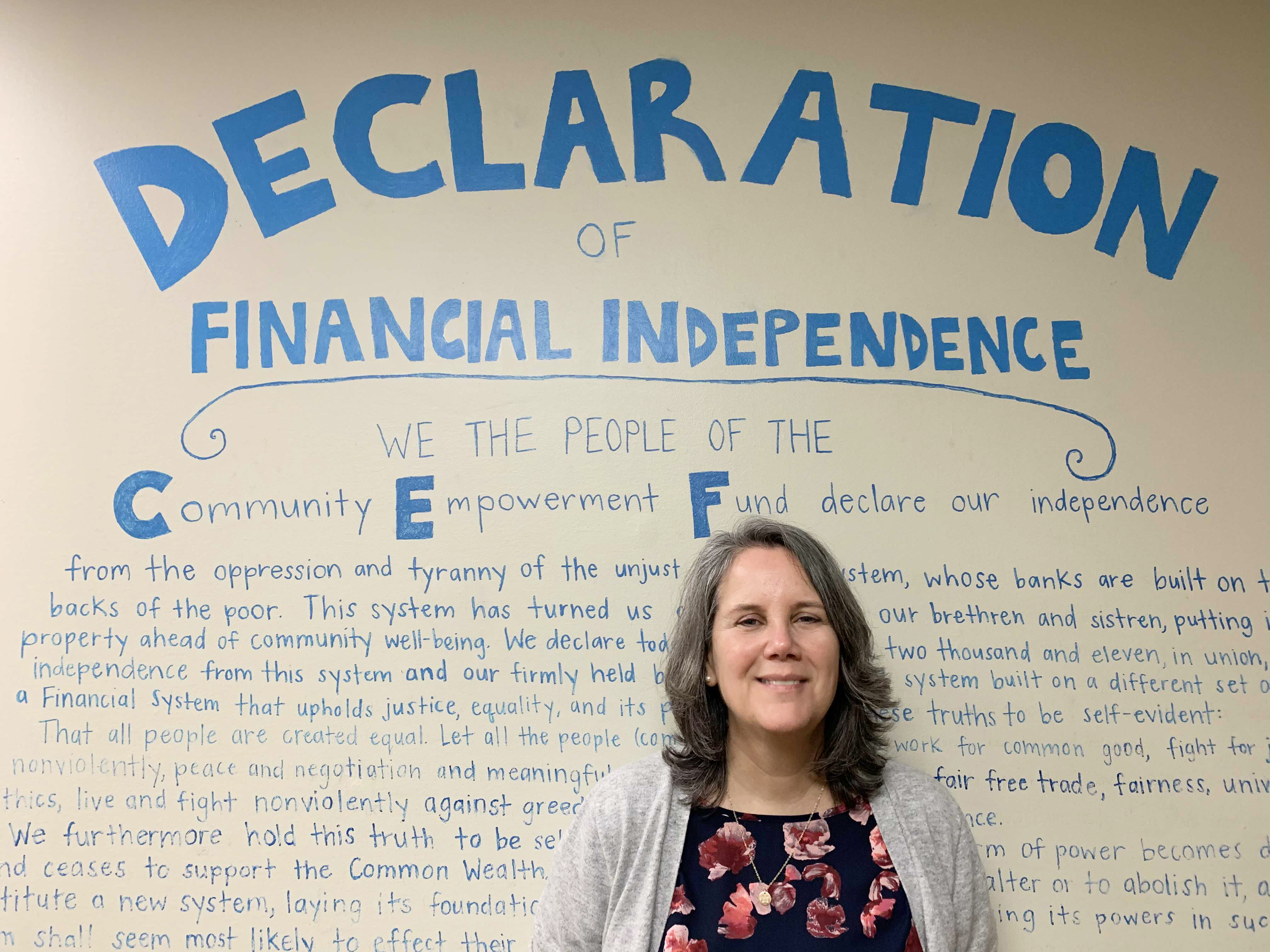

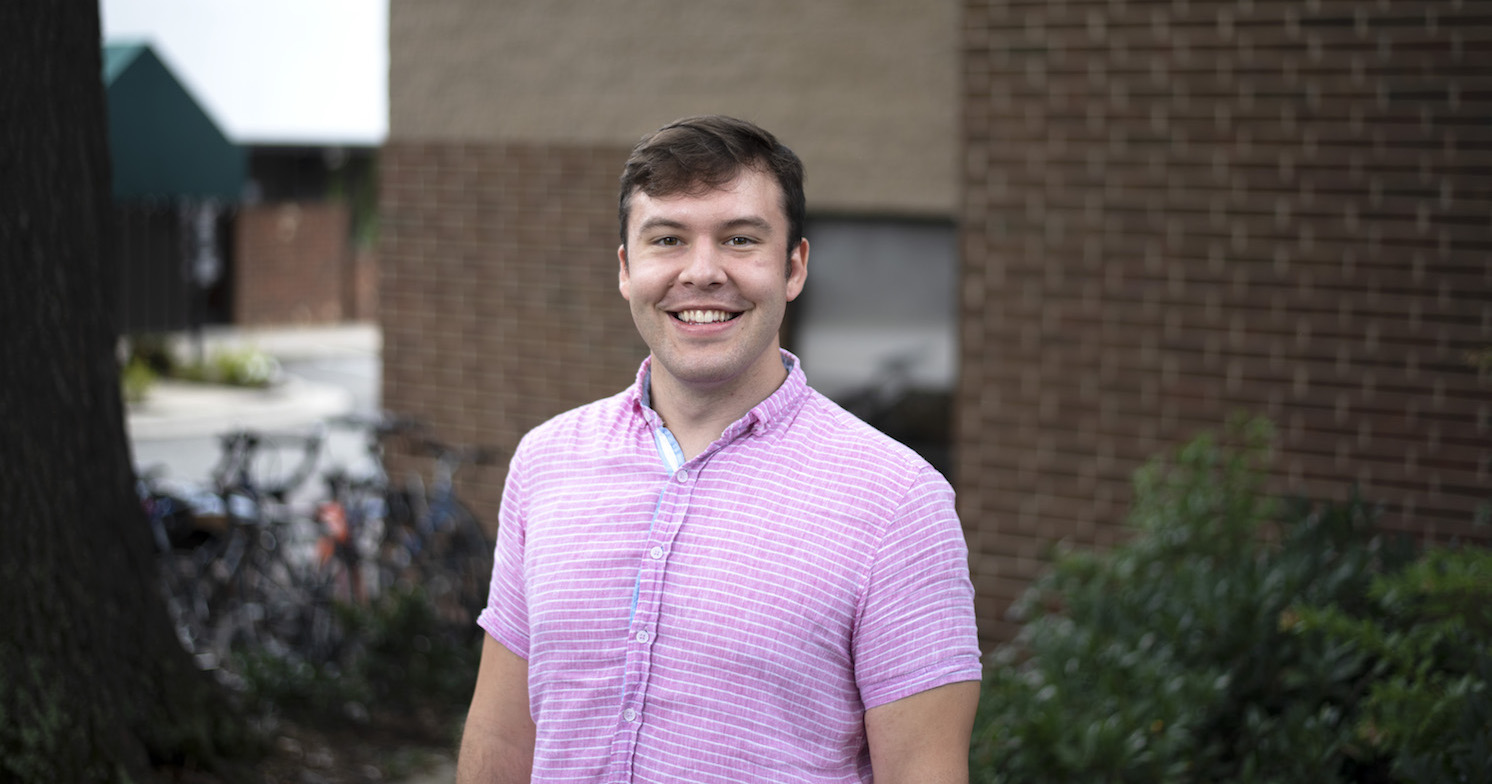
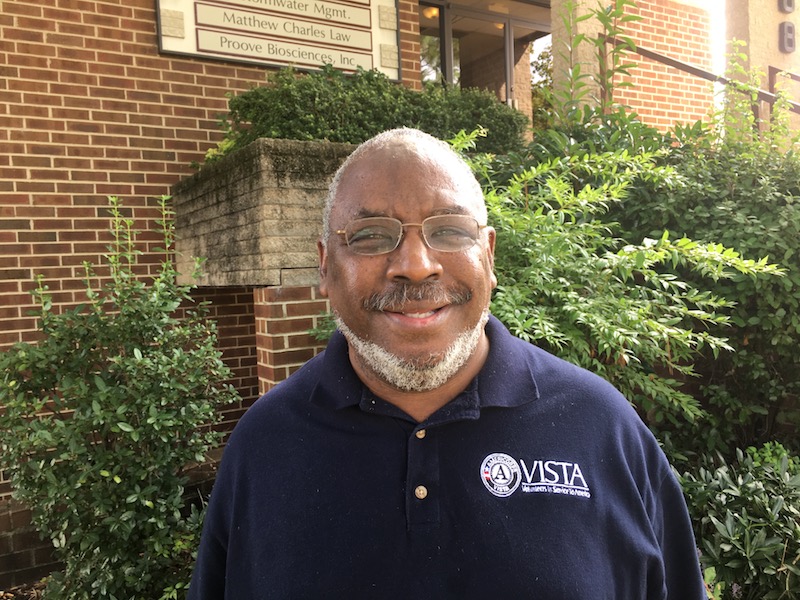
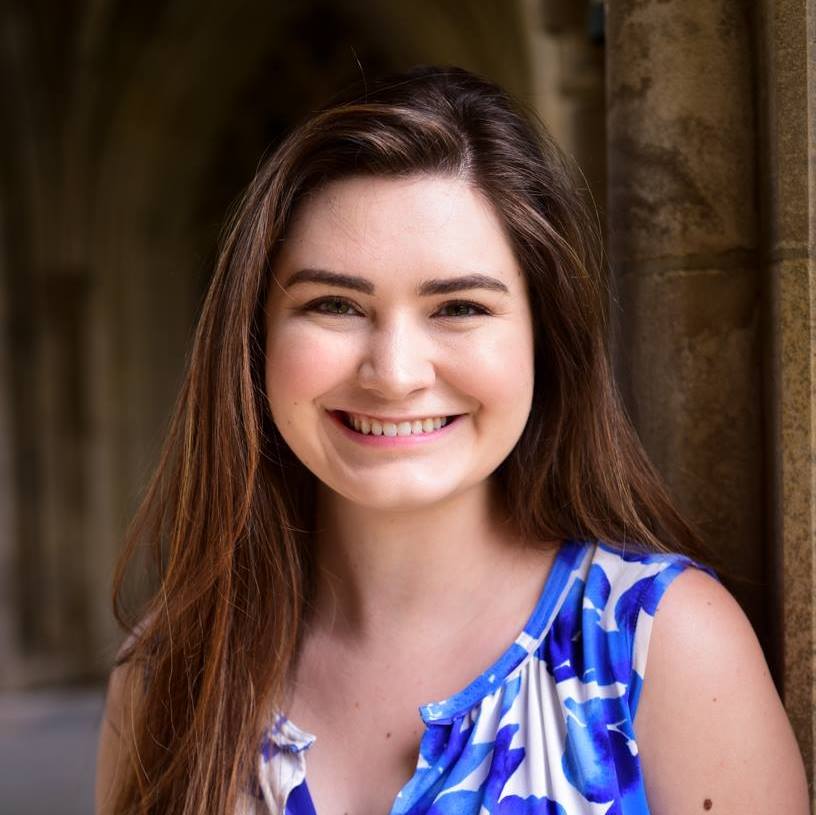
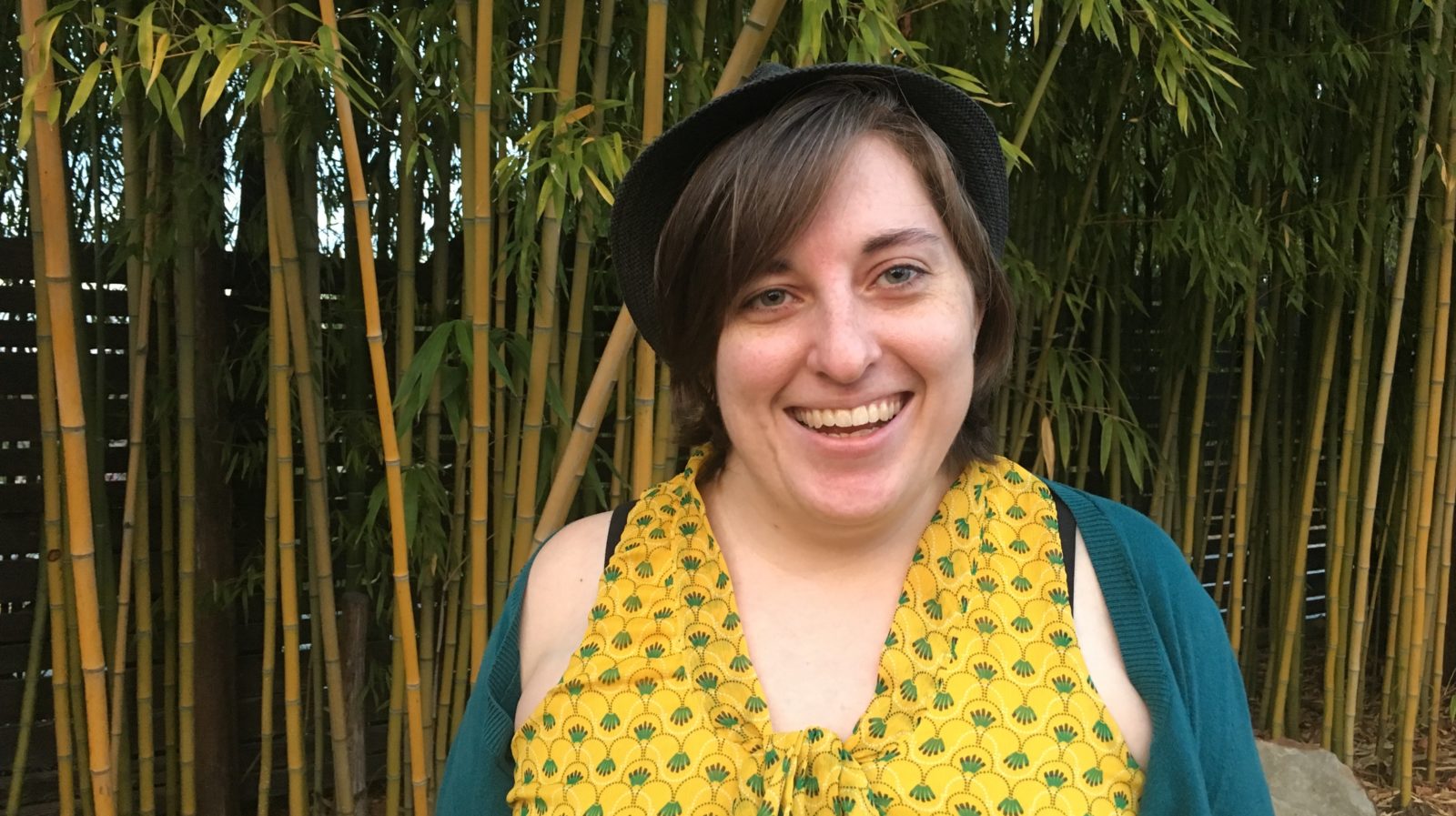
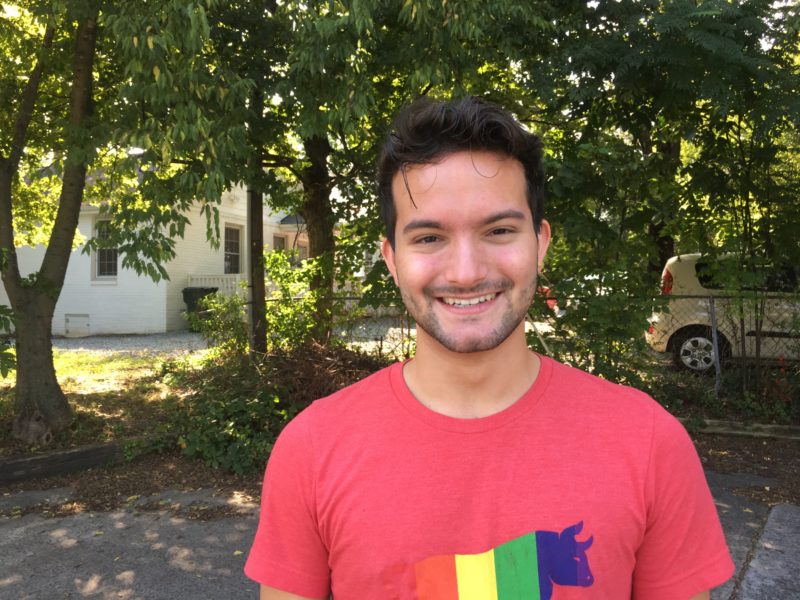
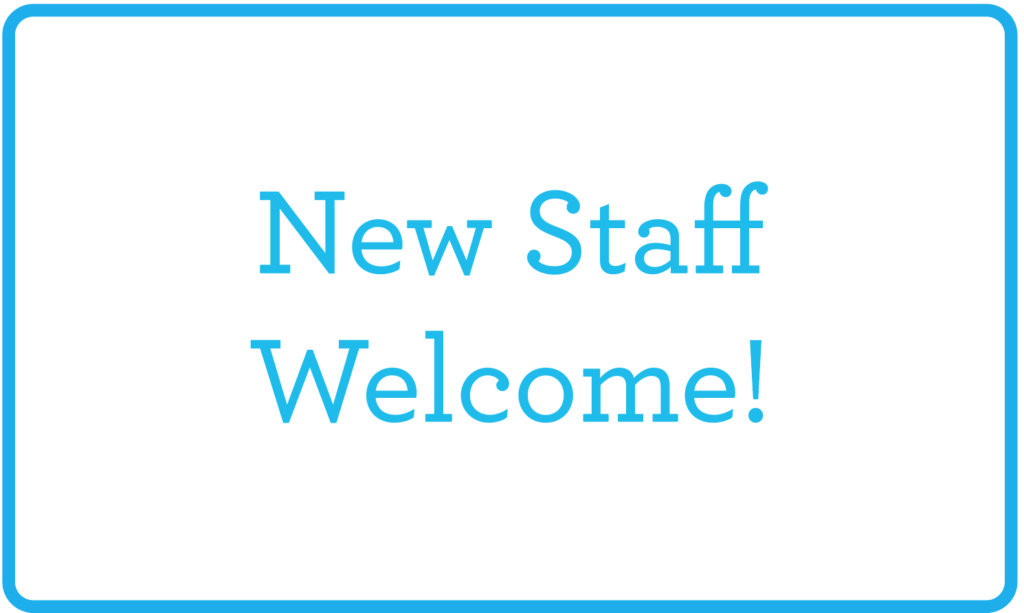 Diiv Sternman joined Chapel Hill team as Member Services Coordinator in May of 2016. And we are so happy to have them!
Diiv Sternman joined Chapel Hill team as Member Services Coordinator in May of 2016. And we are so happy to have them!
